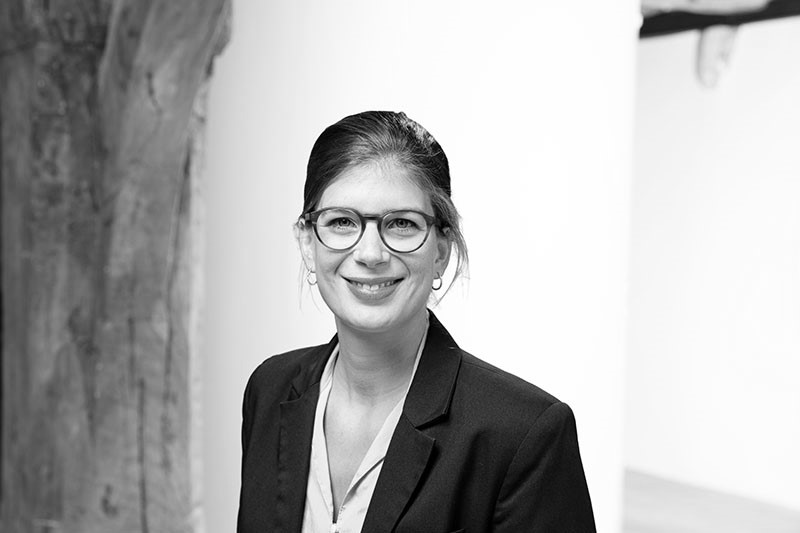UN workers remain often invisible to the non-UN world. Following a cultural anthropological perspective, this blog series offers insights into the everyday (working) life of early career professionals in Geneva.
In recent years, a gradually growing range of university programs prepare graduates for a potential career in international cooperation (IC). At career fairs, (unpaid) internships and consultancies are promoted as possible entry points to a career in IC. Consequently, the competition among entry-level workers for mostly short-term contracts is high.
Are there mechanisms of inclusion and exclusion for a career in the field of development cooperation and humanitarianism – and corresponding narratives? In the course of my research on entry-level professionals working at the United Nations (UN), I attended career fairs in order to learn more about how this professional field is presented to students and young professionals willing to start a career in IC.
A career fair serves the purpose of promoting future employers and potential career paths to its visitors. At a large career fair in Berne, such paths were either presented as a “journey in international cooperation” (2016) or “the art of getting into international cooperation” (2018). In both editions, keynote presentations promised an exciting and demanding future. It requires an adventurous spirit and creativity. While the former speaker assured that “many roads lead to Timbuktu”, according to the latter, it seemed only a matter of the ‘right’ skills, competencies, and personality combined with a bit of luck and everyone will “find [their] way through the IC labyrinth”. However, more than achieving the virtually impossible task of providing practical advice, such proverbs and narrations are more likely to create mirages – and ultimately delusions and frustrations.
First an (unpaid) internship, then several short-term assignments as a consultant and finally a life-long position as so-called P-staff (professional staff) – this is how many imagine a possible entry path to the UN. This order is confirmed by other protagonists in the field. For instance, it reads on the website of a well-known Swiss information and recruitment organization that UN consultancies are not only “popular” for early-career professionals, but are also described as “often necessary for experienced professionals to enter the UN system and increase their chances of obtaining a staff position.”
There is, of course, little to oppose to that claim. Only that the path to this ultimate goal is rocky and arduous. The data examined show that, in fact, a career in the UN asks for emotional passing ability and the willingness to follow the desired narratives and performances. This attractive but highly competitive workplace requires considerable flexibility and commitment. In particular, early-career workers have to be ready to accept economic, social and emotional precarity. The readiness may then be transformed into a symbolic currency (what Pierre Bourdieu called symbolic capital). This symbolic capital is invested when candidates prove their high-level commitment to “bettering the world” in job interviews.
What is not mentioned here is that the career can be significantly enhanced by mentors and rope teams. And despite of the organizations’ formal commitment to diversity, everyday recruitment practices often entail discriminatory barriers such as a candidate’s national or economic background.
Against the backdrop of the current working regime, how can we understand the above-described dynamics? This issue will be addressed in the next two blogposts.
This blogpost is the first of a series of blogposts on UN interns and UN consultants working in the ‘International Geneva’. Read the next second part here.
Image: Unsplash




